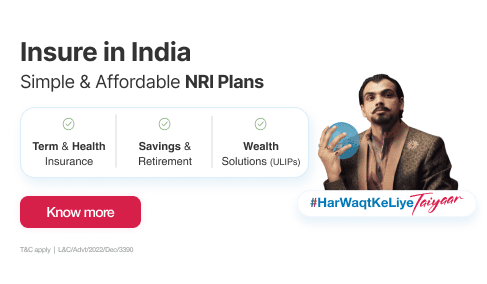Call us

 FOR EXISTING POLICY
FOR EXISTING POLICY
Have query on premium, payout or any servicing need?
Call us:
 1860 266 9966
1860 266 9966
 FOR NEW POLICY
FOR NEW POLICY
Want to buy a new policy online?
FOR NEW POLICY
Want to buy a new policy online?
FOR NEW POLICY (NRIs)













 Individual Health Insurance :
Individual Health Insurance :








